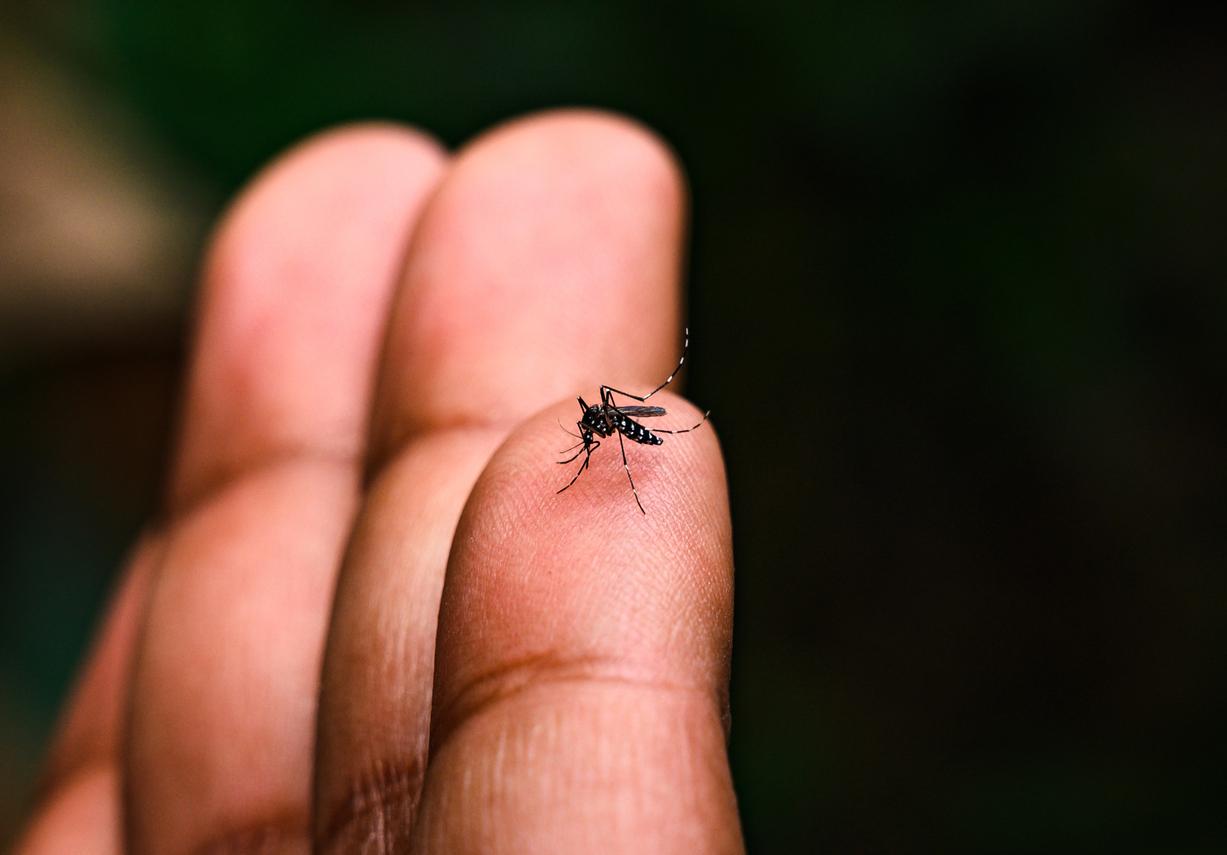Monitoring wastewater from educational establishments is a good way to assess the circulation of a virus and limits unnecessary closures, according to a new study.

- The analysis of wastewater from schools allows us to have a fair view of the circulation of a virus within establishments, according to a new study.
- For researchers, wastewater monitoring can thus prevent unnecessary school closures.
- “Wastewater monitoring will likely work for most infectious diseases, including the next public health emergency threat,” said the study leader.
With the Covid-19 pandemic, microbiological analyzes of wastewater to assess the circulation of SARS-CoV-2 among the population have developed. And that seems like a good thing. A study from Syracuse University, published in the journal PLOS Global Public Health, shows that monitoring school water makes it possible to estimate the transmission of Covid-19 in schools and limit the closure of establishments.
Covid-19: wastewater from schools makes it possible to assess the extent of transmission
For this study on the effectiveness of wastewater monitoring during an outbreak, researchers focused on a middle and high school in Jefferson County (New York state) which accommodate 600 students. They compared the results of wastewater monitoring with the number of Covid-19 cases. Scientists have demonstrated a strong correlation between the quantity ofRNA of SARS-CoV-2 recovered from wastewater and cases of Covid-19 within the establishment.
“By analyzing the wastewater samples, we observed a strong correlation between the levels ofRNA of SARS-CoV-2 and the number of confirmed cases of Covid-19 within the school, providing critical information on potential transmission”explains Haley Kappus-Kronresearch team member and epidemiologist at CDC Foundation, in a communicated.
The results estimate that there is a one-day lag time for wastewater monitoring to predict clinical cases of Covid-19.
A tool to prevent unnecessary school closures
Given the reliability of wastewater analysis data in schools, the team believes that it is an effective tool that can help prevent unnecessary school closures.
“Wastewater monitoring will likely work for most infectious diseases, including the next public health emergency threat. With wastewater monitoring in schools, we may be able to keep facilities open longer and respond specifically to outbreaks rather than implementing broad closures.”explains Pr David Larsen who led the study.
The researchers also made recommendations to facilitate the implementation of this wastewater monitoring in schools. They suggest the creation of school-specific plans, including access points for collecting water samples, laboratory contacts for sample analysis, and protocols for effective wastewater sampling and analysis. particularly during public health emergencies.















